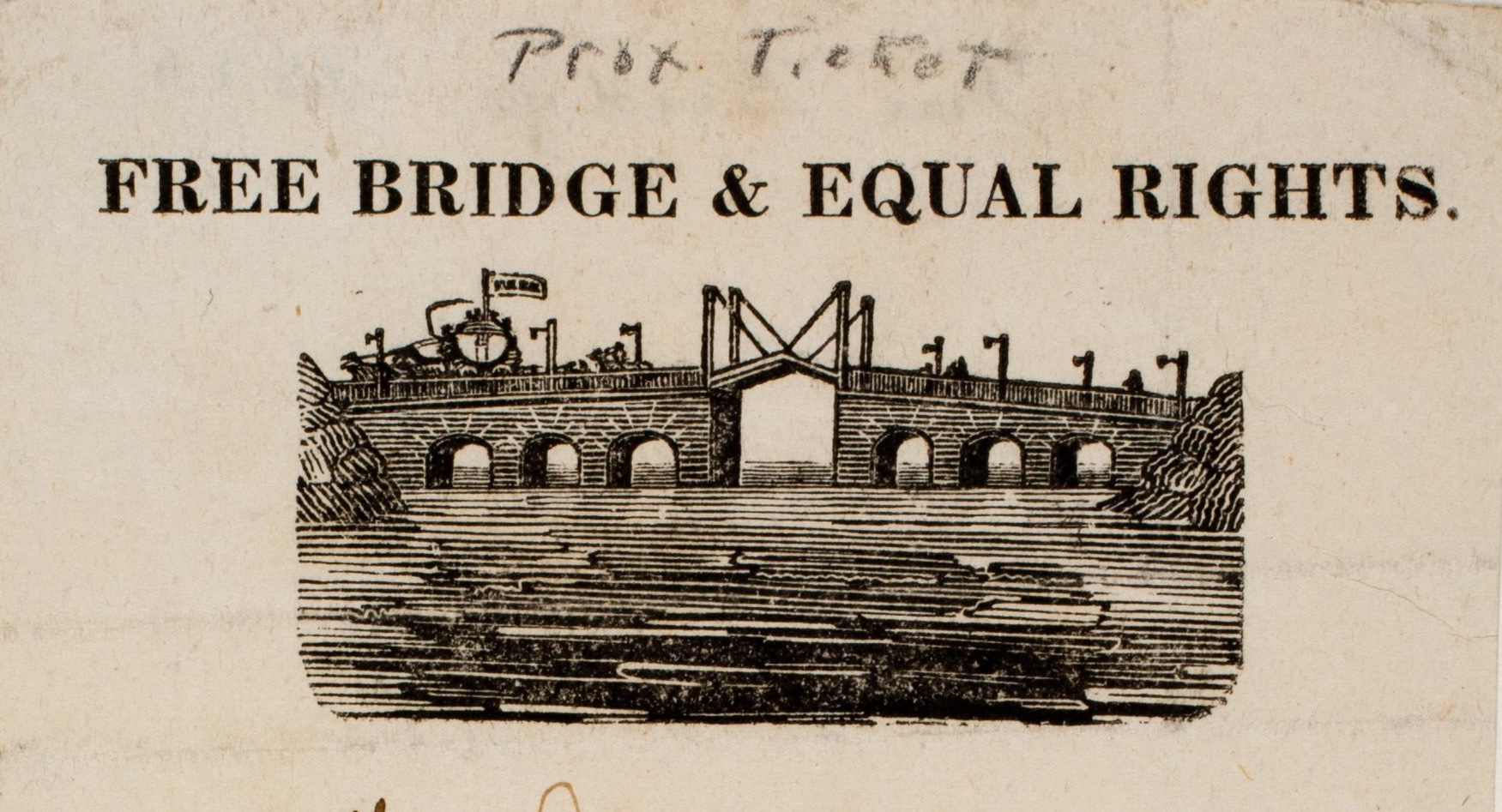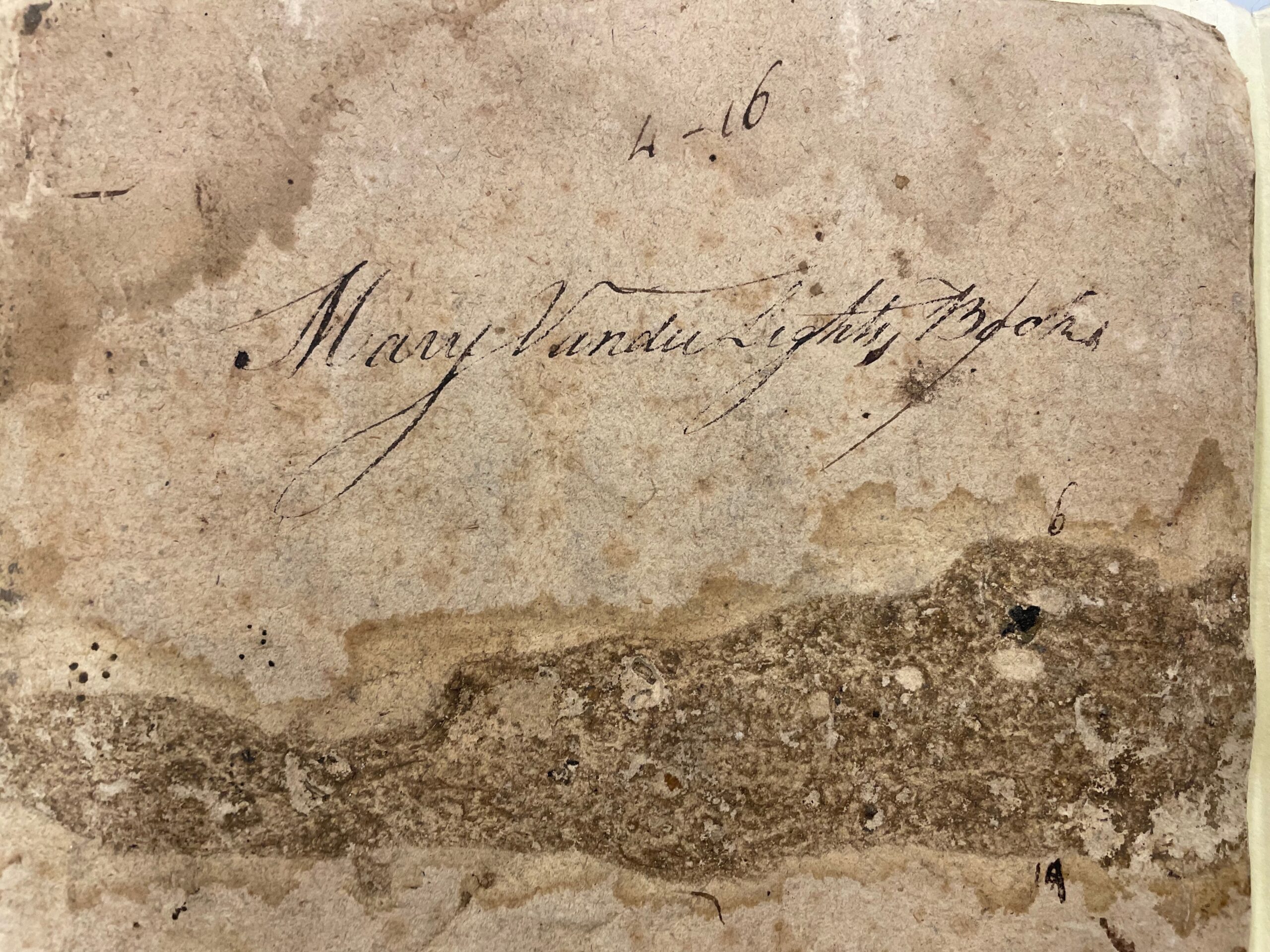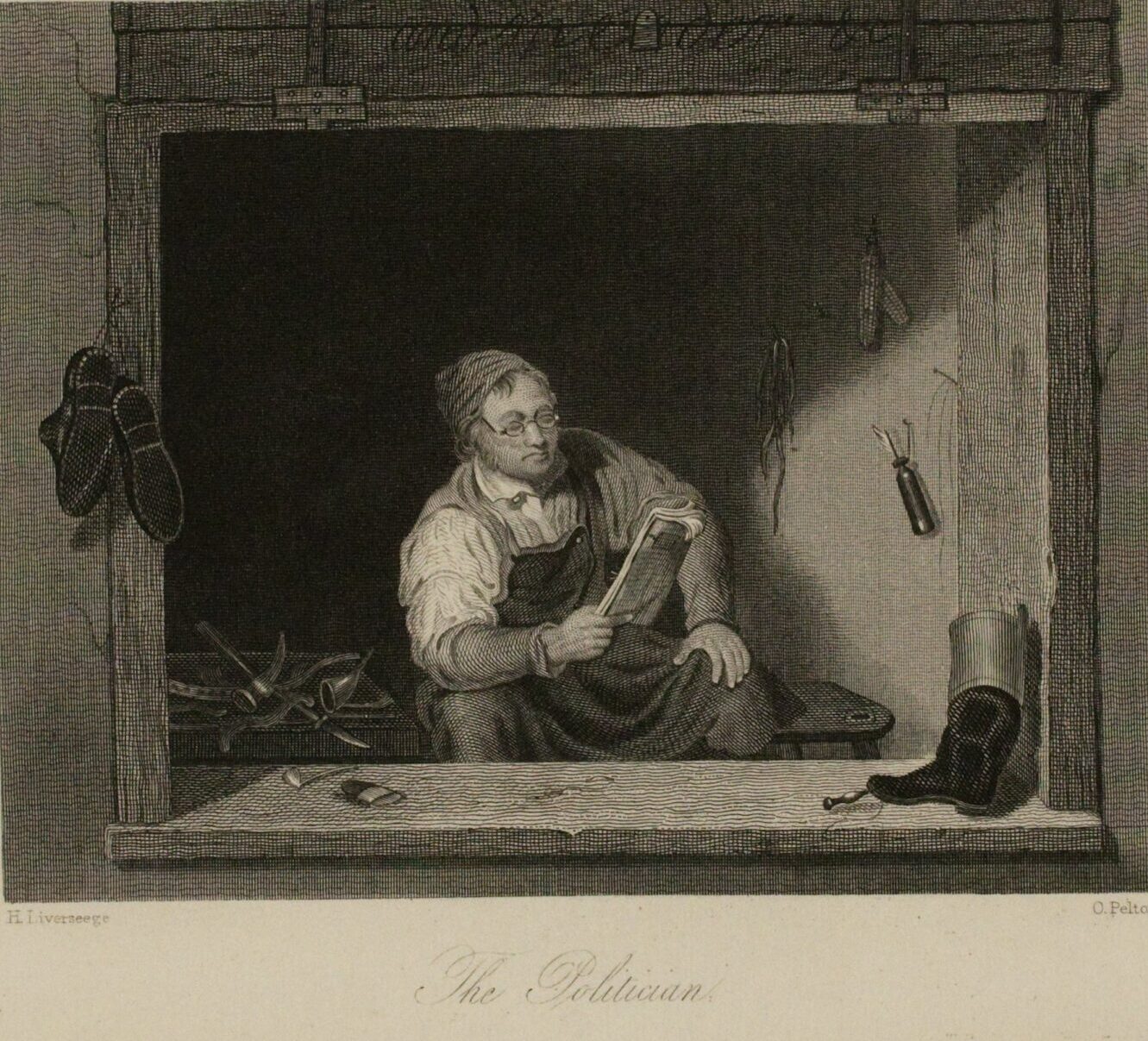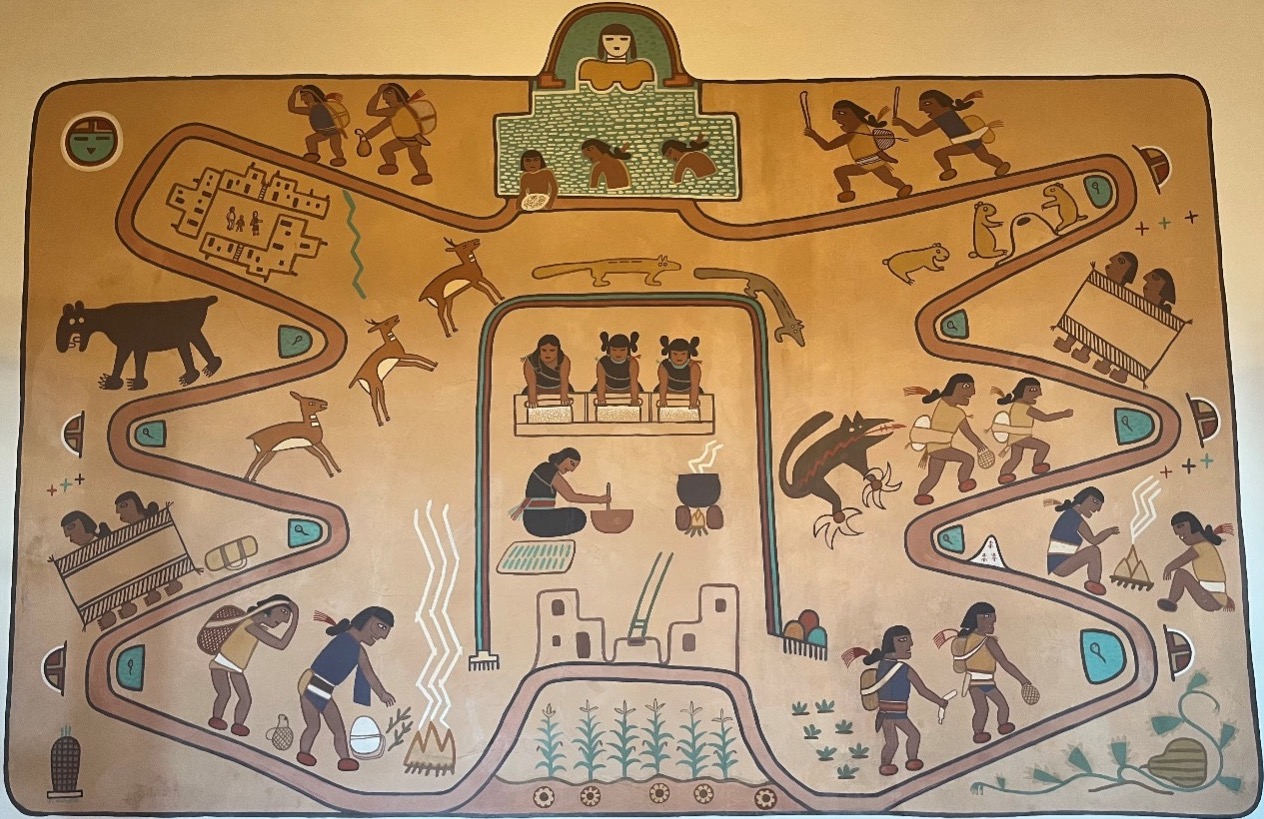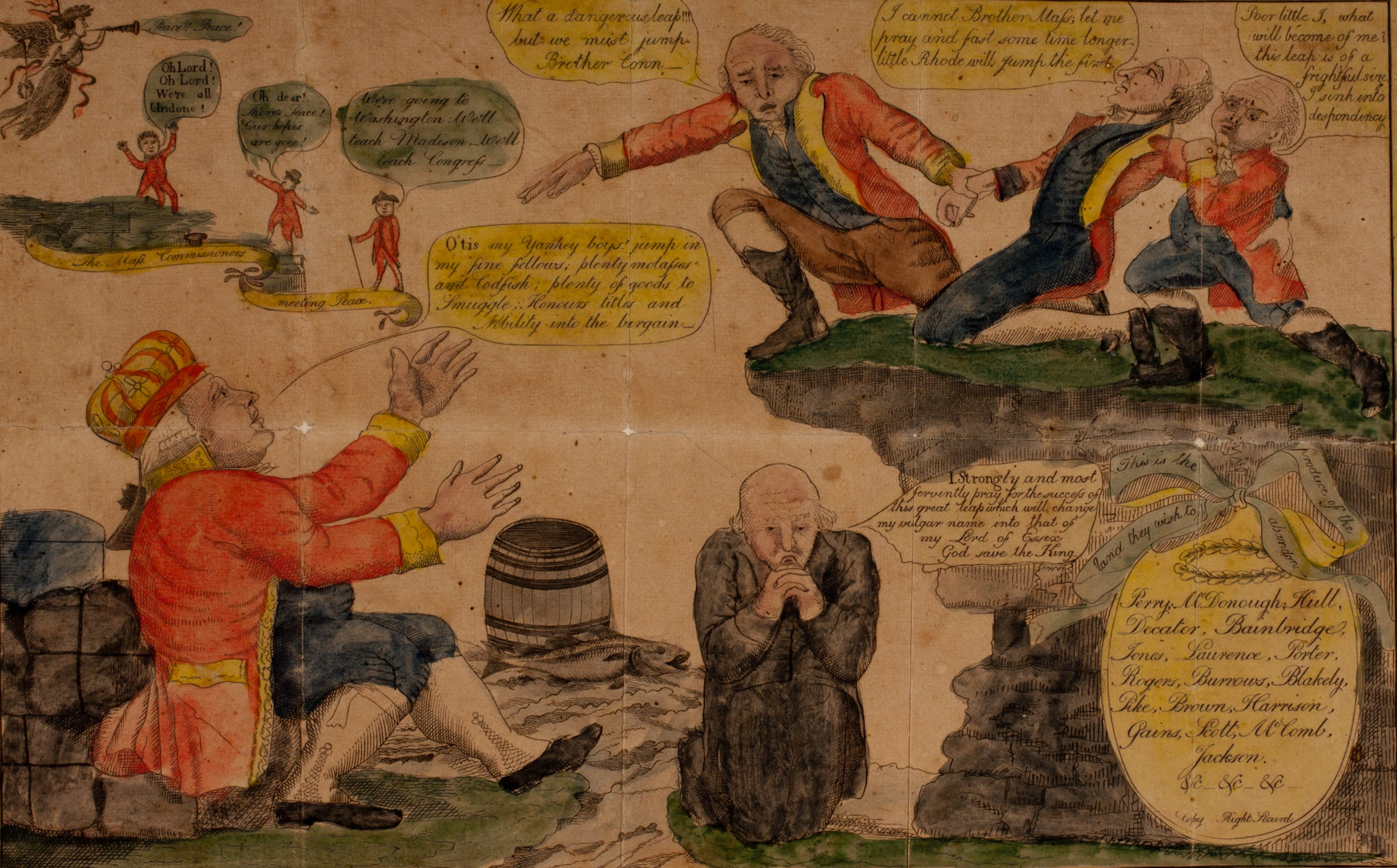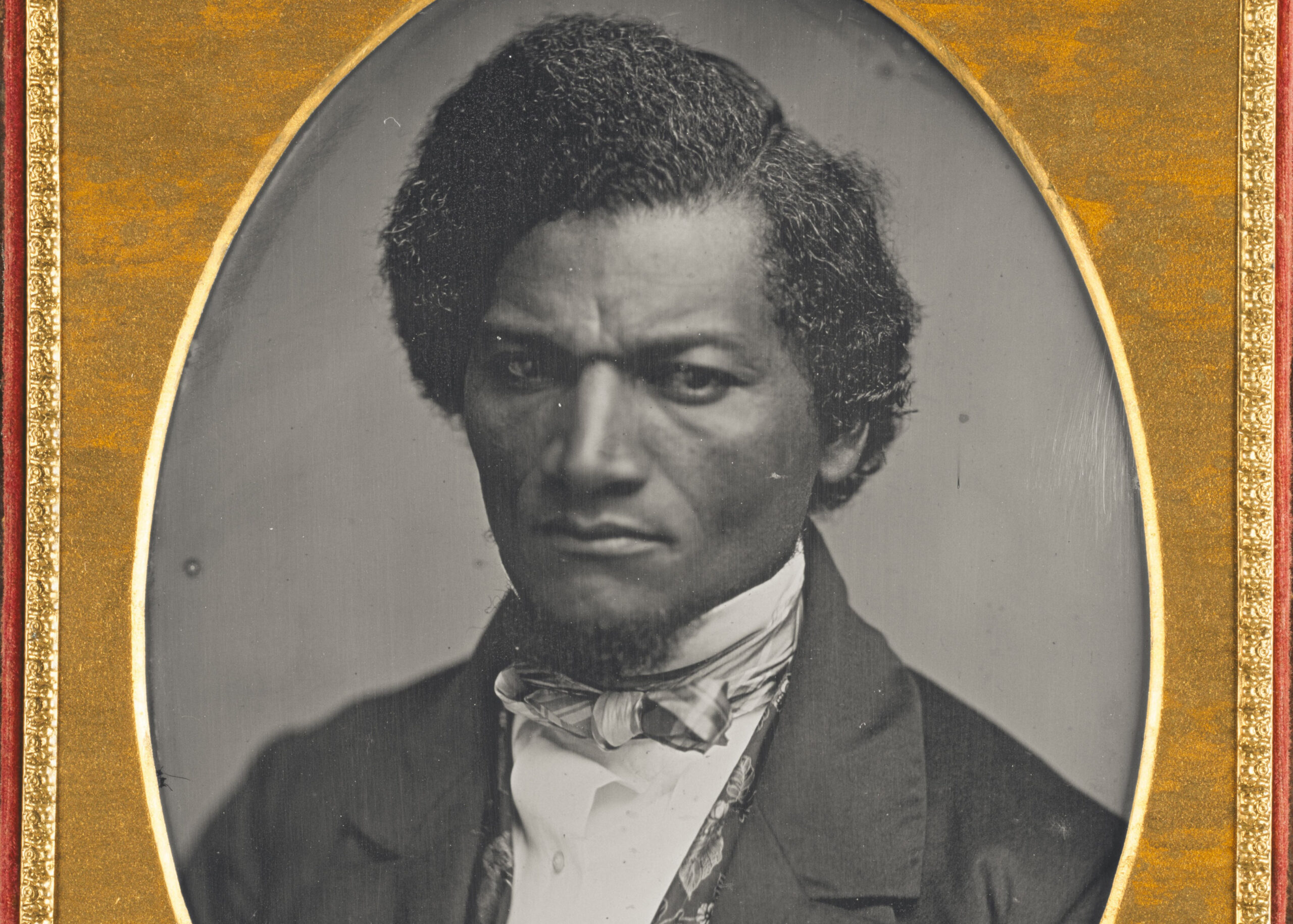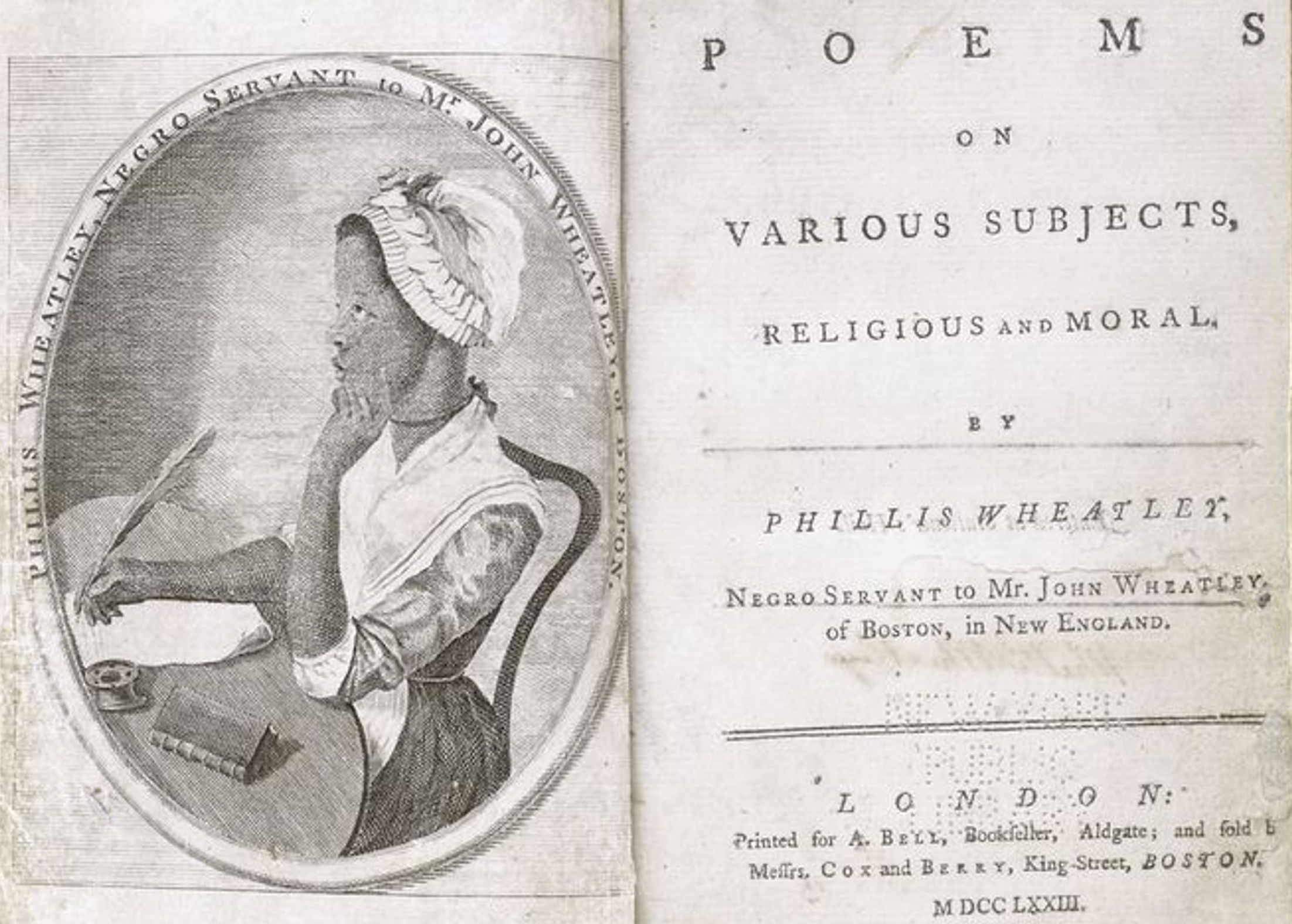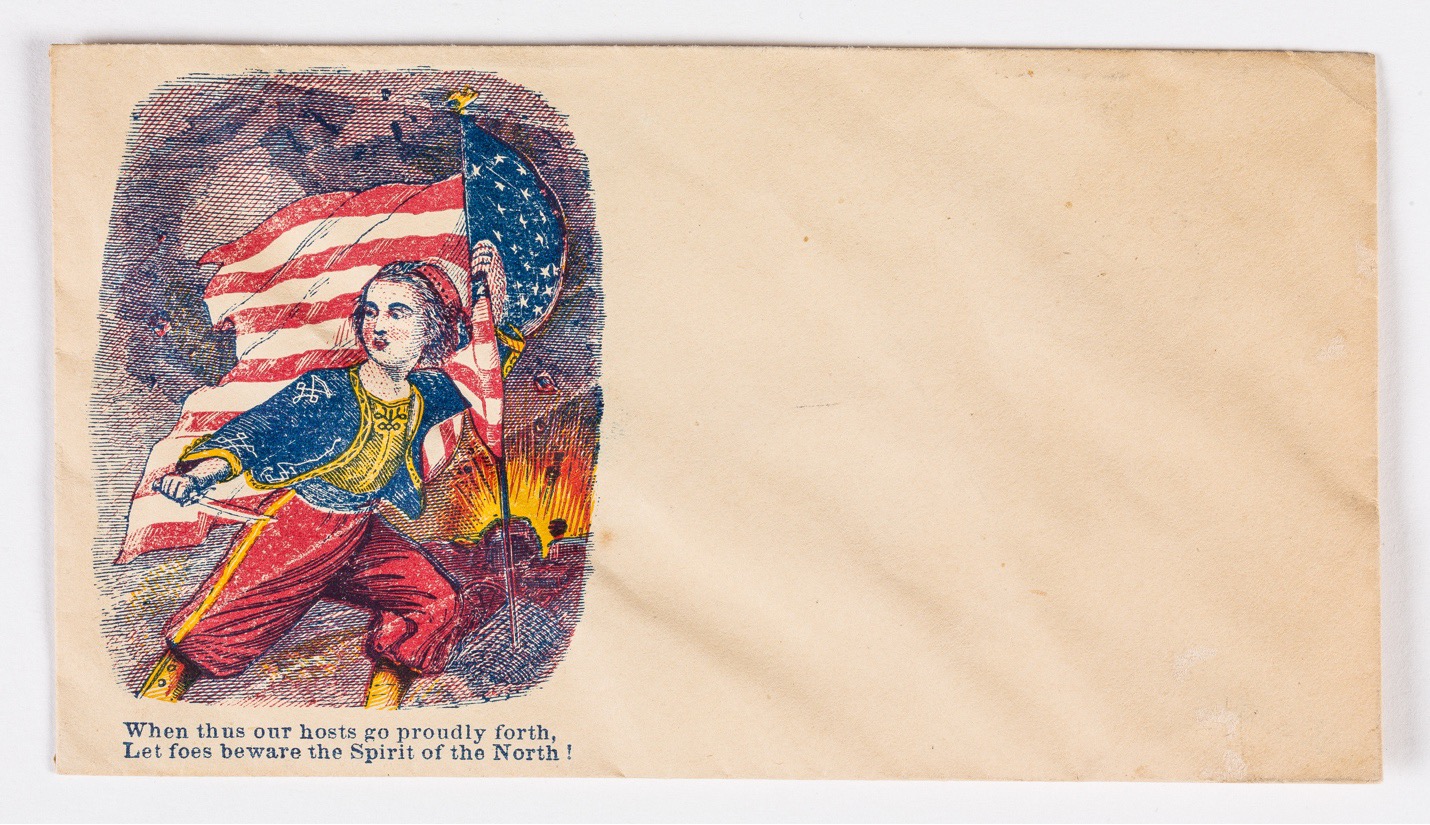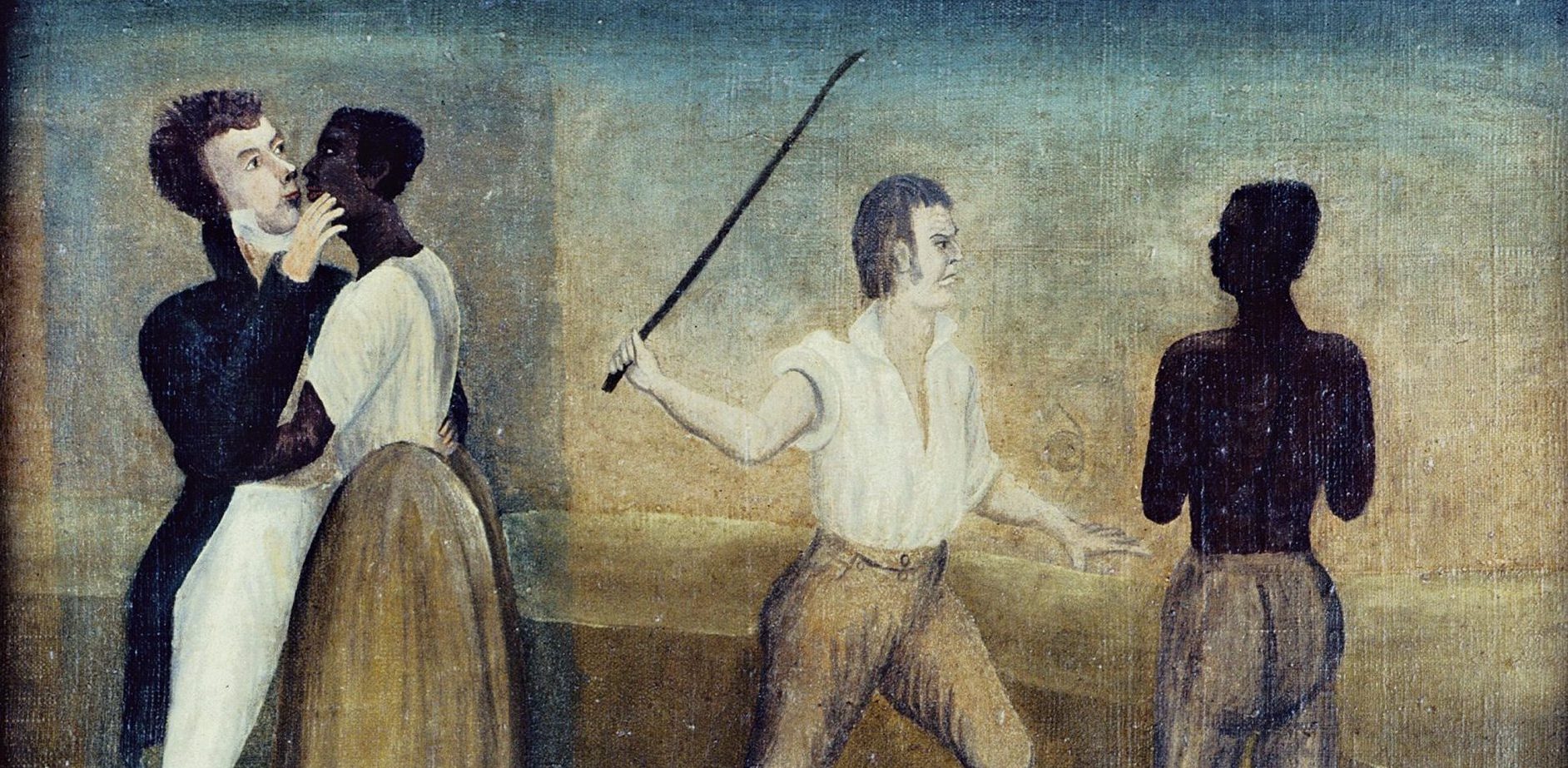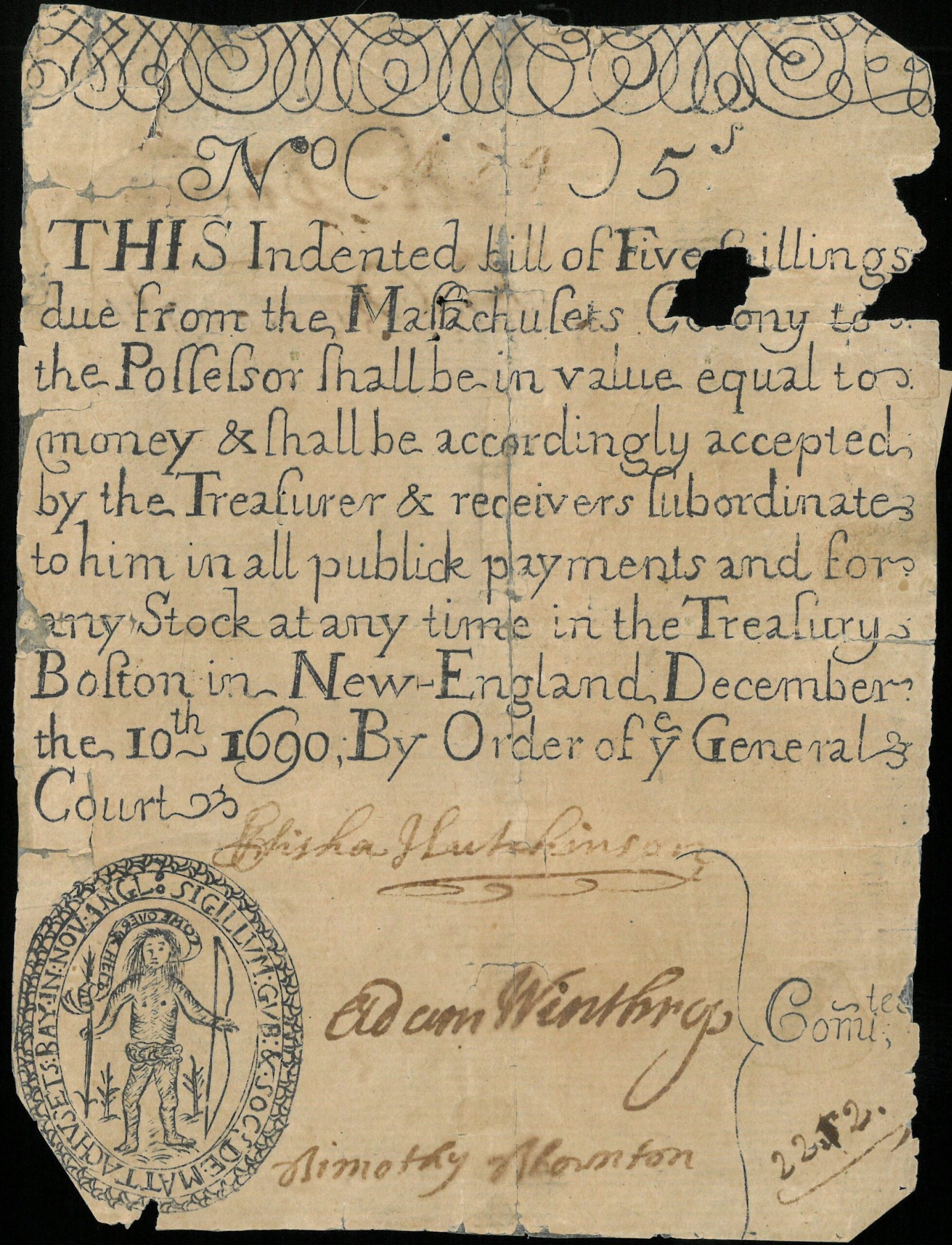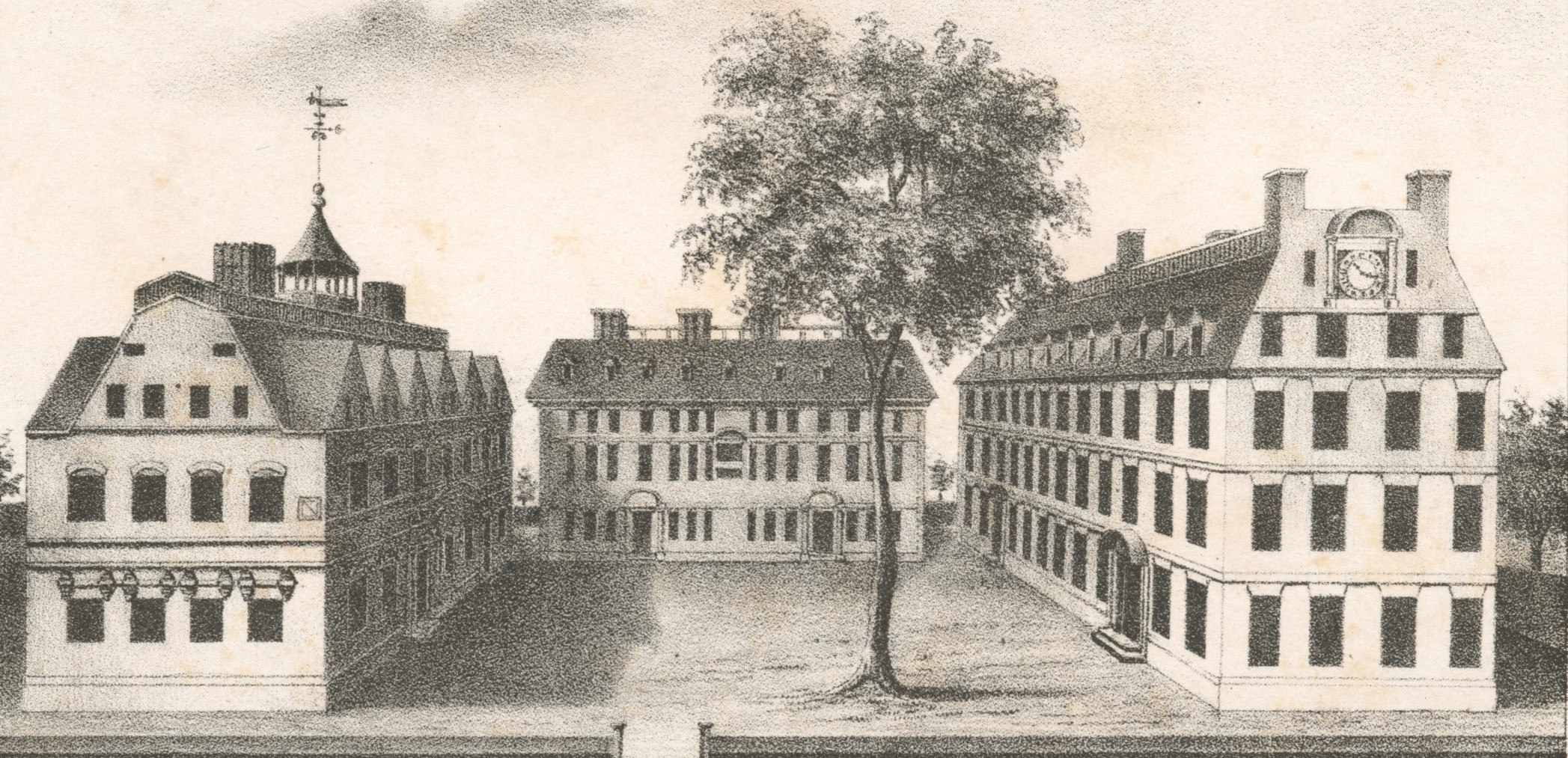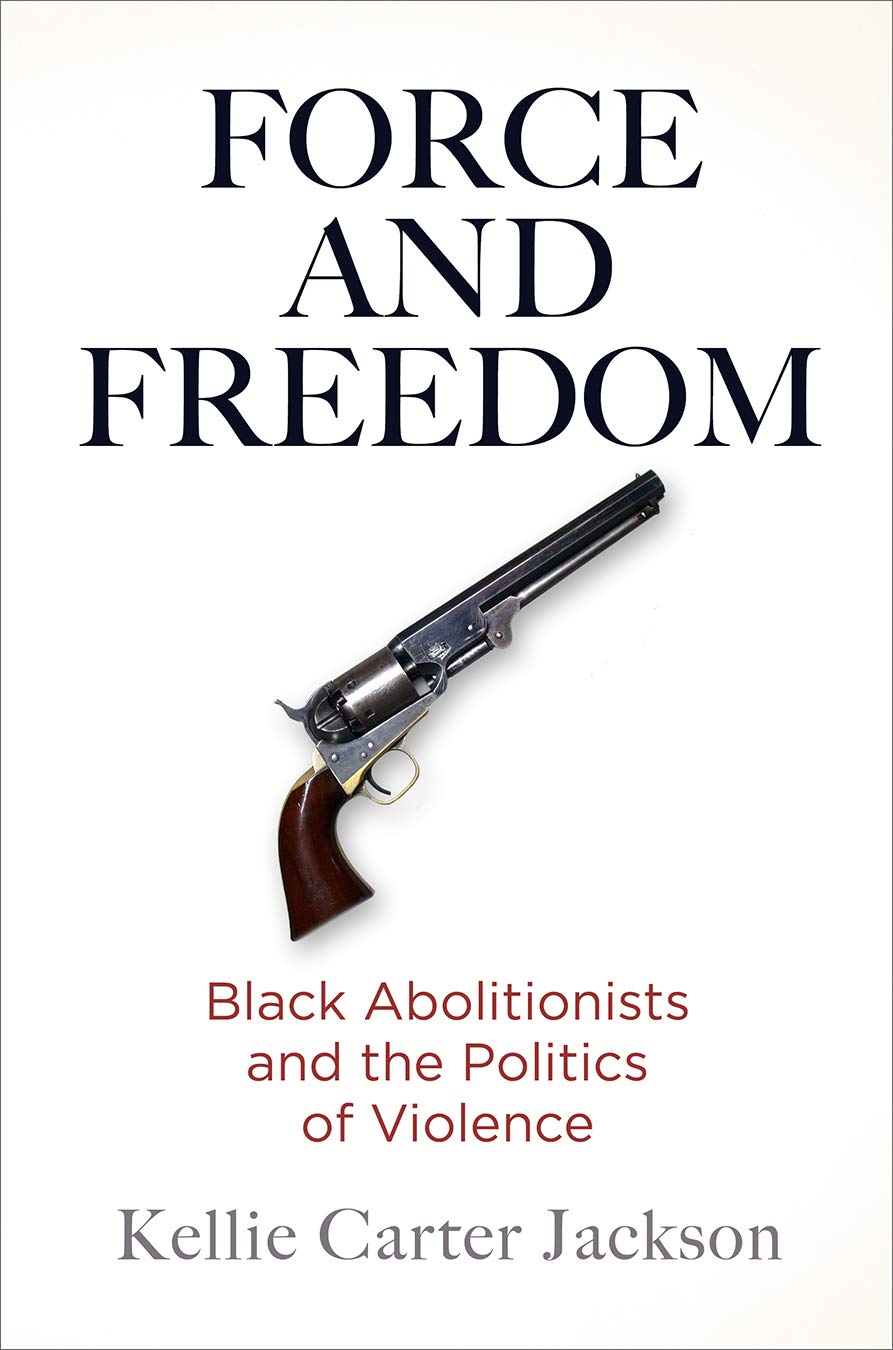Samuel Danforth’s 1674 sermon on the execution of Benjamin Goad, convicted of bestiality with a mare, endures as more than a sensationalist relic from Puritan New England. The Cry of Sodom Enquired Into; Upon Occasion of the Arraignment and Condemnation of Benjamin Goad, for His Prodigious Villany is the first published execution sermon, lending itself as a critical text to American genealogies of religious and political ideology, deviance, and punishment. This sermon from Roxbury, Massachusetts, captures one episode in a series of bestiality trials and executions that were the lesser-known counterpart to the infamous alleged outbreaks of witchcraft in colonial America; men, rather than women, were accused of this crime. Through Danforth’s use of the biblical Sodom and Gomorrah to frame Goad’s case, individual sins of the flesh radiate outward and threaten to corrupt the social and moral foundations of Puritan culture uneasily settled in unfamiliar lands.
Danforth’s condemnation combines biblical exegesis with ongoing paradigmatic anxieties about the fragility of American civilization. Although Goad’s crime is bestiality, sometimes also called “buggery,” this is but one of a cluster of sins that the minister views as variations of the great evil of “uncleanness,” which include homosexuality, masturbation, adultery, sex work, incest, and disobedience to parents and “masters.” Using the rhetoric of disease and pollution, the Harvard-educated minister affirms that the death sentence is the only way to purge the community of the young man’s evils or else risk the downfall of society. While the Puritans feared the encroachment of the wilderness on their borders, the greater, paradoxical fear was of the perversion of the natural order lurking within human nature itself. Sodom acts as the great signifier of dangerous difference; according to Michael Warner, Sodom and sodomy were popular Puritan referents for political and national rhetoric already infused with the erotic. The sermon ends with a stern list of social and religious corrective actions to stave off other forms of wickedness among Goad’s peers. This concluding affirmation of proper education in relation to established institutions inserts this analysis of Goad’s hanging into that familiar subgenre of the jeremiad about the deteriorating state of the youth as an expression of fears stemming from generational differences. The jeremiad, a literary form dedicated to the apocalyptic denunciation of declining morality in society, was a characteristic mode for many Puritan sermons.
John Winthrop famously called the New England colonies “a wilderness, where are nothing but wild beasts and beastlike men.” In The Cry Of Sodom, animals operate on both literal and figurative levels, suggesting the potential for rich readings pertinent to considerations of race, sexuality, biopolitics, animal studies, and ecocriticism in early American studies. The Western construction of the human depends upon the abjection of animals; as Colleen Boggs argues about the role of sex and animals under the law, (white) human exceptionalism requires the criminalization of the animal, indicating how the category of the non-human is both absolute but also dangerously porous. The discursive slippage between bestiality and other sexual acts deemed “unnatural,” such as homosexuality and miscegenation, makes The Cry of Sodom continually resonant.
We can also consider the underlying clash between Western and Indigenous ideas of ontology and ecology; Danforth’s sermon enacts a rhetorical form of settler colonialism by imposing the human-animal binary on stolen lands that are doubly dispossessed through the silence of Indigenous perspectives and peoples. Ironically, the domesticated European animal is the particular point of vulnerability for the Puritans even as such beasts act as weapons of settler colonial biological warfare.
The Cry of Sodom Enquired Into; Upon Occasion of the Arraignment and Condemnation of Benjamin Goad, for His Prodigious Villany is available on Digital Commons @ University of Lincoln-Nebraska and Early English Books Online Text Creation Partnership.
Further Reading
For a brief selection of writings on The Cry of Sodom Enquired Into, see John Canup’s “‘The Cry of Sodom Enquired Into’: Bestiality and the Wilderness of Human Nature in Seventeenth-Century New England,” Proceedings of the American Antiquarian Society 98 (1988): 113-34; John M. Murrin’s “‘Things Fearful to Name’: Bestiality in Colonial America,” Pennsylvania History 65 (1998): 8-43; Robert F. Oaks’s “‘Things Fearful to Name’: Sodomy and Buggery in Seventeenth-Century New England,” Journal of Social History 12 (1978-79): 268-81; and Michael Warner’s “New English Sodom,” American Literature 64.1 (1992): 19-47. On relevant discussions of animals in the American context, see, for example, Virginia DeJohn Anderson’s Creatures of Empire: How Domestic Animals Transformed Early America (New York, 2006); Colleen Glenney Boggs’s Animalia Americana: Animal Representations and Biopolitical Subjectivity (New York, 2014); and Gregory Cajete’s Native Science: Natural Laws of Interdependence (Santa Fe, 1995). A starting point to a relevant context for early American sexuality can include John D’Emilio’s Intimate Matters: A History of Sexuality in America; Richard Godbeer’s Sexual Revolution in Early America (Baltimore, 2002); and Edmund S. Morgan’s “The Puritans and Sex,” The New England Quarterly 15.4 (1942): 591-60.
This article originally appeared in issue 17.3 (Spring, 2017).
Christine “Xine” Yao is a SSHRC postdoctoral fellow at the University of British Columbia; she recently completed her PhD in English at Cornell University. She is working on a book project on queer, racialized, and gendered forms of unfeeling as dissent in long nineteenth-century American literature through histories of science and law. She has published or has work forthcoming in J19, Occasion, Canadian Literature, College Literature, and American Gothic: An Edinburgh Companion. Xine is the co-host of PhDivas, an iTunes podcast about academia, culture, and social justice across the STEM/humanities divide dedicated to supporting women, particularly women of color, in higher education.





